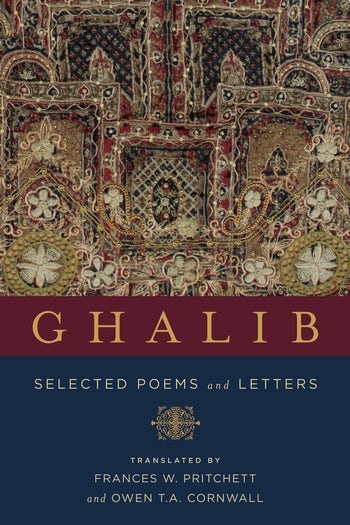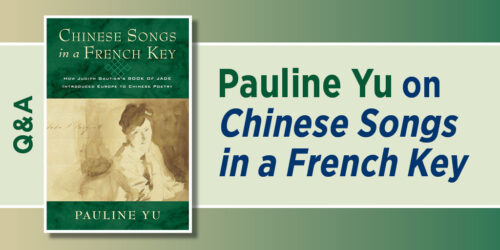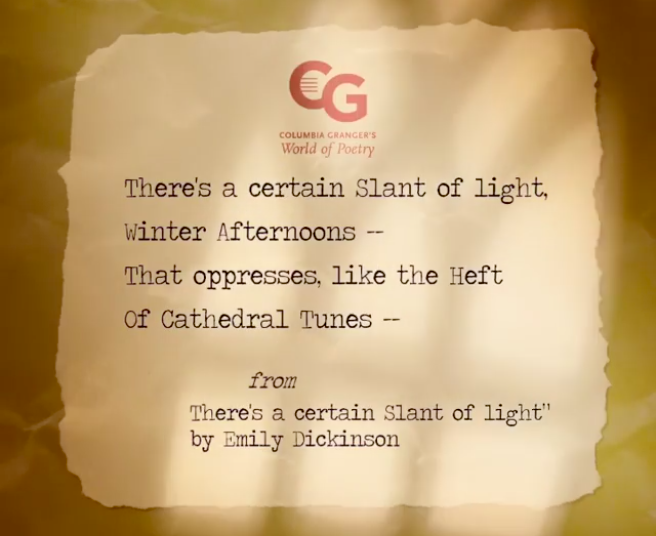Kenneth Goldsmith, author of Uncreative Writing, Interviewed by Bomb
“Writing has to … reimagine what it can be in the digital age.”—Kenneth Goldsmith
This week we will be featuring Uncreative Writing: Managing Language in the Digital Age, by Kenneth Goldsmith, and we begin with a recently published interview in Bomb. An excerpt from the “official” interviews is available but you can read a full raw transcript of his discussion with Marcus Boon, author of In Praise of Copying.
Kenneth Goldsmith and Marcus Boon discuss a variety of topics relating to Uncreative Writing and reading their conversation, one gets the feeling of listening in on a conversation between two friends. Among the topics they talk about include copyright, the dissemination of culture, Kenneth Goldsmith’s website ubuweb, his past career as an artist, the 80s, his poetry, Andy Warhol, Christian Bok, English as a global language, subjectivity.
Here’s their exchange on Goldsmith’s recent appearance at the White House and how it relates to his own poetry and writing:
I feel like the books are conversation starters and in that way, it is. I actually find my writing, or this type of writing, to be populist. It’s both extremely avant-garde and populist at the same time. For example, when I read at The White House in May I read three short pieces about the Brooklyn Bridge. The first was Walt Whitman’s “Crossing Brooklyn Ferry”, an excerpt from that; the second one was Hart Crane’s “Brooklyn Bridge” poem; and the third one was my book Traffic, an excerpt where the Brooklyn Bridge is nothing but a bit player in a massive network of traffic jams. Well, the audience at The White House was…you know, they sat through the Whitman, the stuff that they’re supposed to like—and the Crane was treated very reverentially. But when I began reading traffic reports they all got up and started screaming, and yelling, and applauding, and laughing! The whole room lit up when the vernacular and the mundane language entered the space. Now, of course this was the most radical of the three because it was completely appropriated. It has a narrative, but it is a completely oblique and odd narrative; it is more Beckettian than anything. And here, senators and democratic party donors were actually loving it! It got a great round of applause. So I thought to myself, gee-whiz. Suddenly the avant-garde and the populist have met, it’s very strange . . .
Later in their conversation, Boon and Goldsmith discuss the impact of digital technology on writing:
Kenneth Goldsmith: Well . . . yeah. I think that the thing that’s happened is a paradigm shift that’s called . . . that is the digital. That then blows away all those other arguments, the pre-digital arguments. I actually believe that this is as much of a break—and I actually say in Uncreative Writing that painting responded to the invention of the camera, in other words, the camera did what the painting is trying to do for so long that its only chance for survival was to go abstract. I actually think that today we’re in a similar situation with writing. We have the technology that does it so much better than what we were trying to do or actually distributes it, that which has already been written, so much of what has already been written much better than we’re able to do. Writing has to then reimagine what it can be in the digital age.
Marcus Boon: But like you say in the book, writing can’t simply mimic painting, movement in time, action. So where does it go?
KG: It becomes mimetic, it becomes distributed…. it’s not what we’re writing; maybe, it’s how to distribute it; maybe, it’s how we reframe and rejigger other things and get them out into the world that becomes the content of our writing … We always assume writing to have a certain function even though modernism mildly challenged it… very traditional forms of expression which will continue, but, you know the idea on another level then becomes . . . . anyway . . . end there with that thought.







